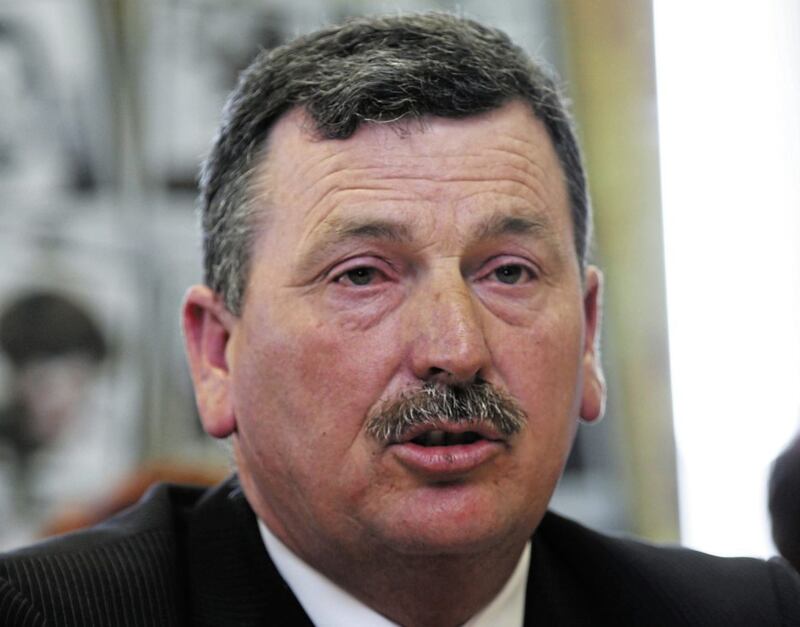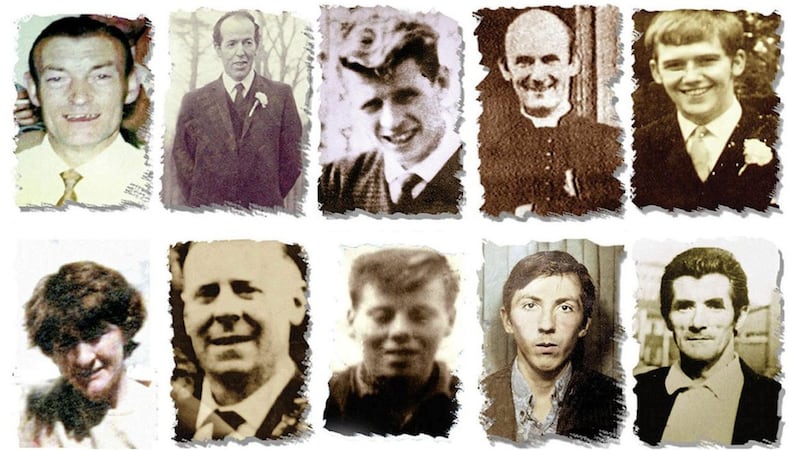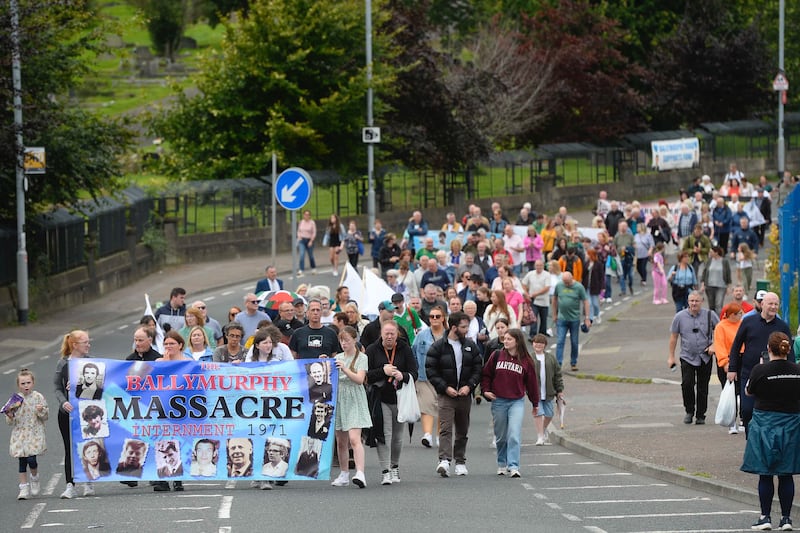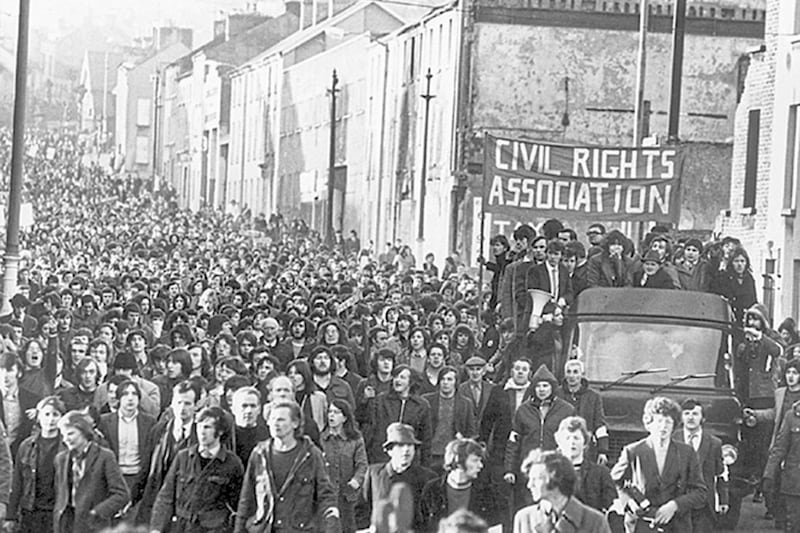FAMILIES of those shot dead during the Ballymurphy Massacre have welcomed moves that could see former British soldiers prosecuted over the killings.
An inquest last year into the August 1971 shootings in which 10 people died found all the victims were “entirely innocent” and that in the majority of cases the force used was disproportionate.
The law states that where the coroner identifies that a crime has been committed, a report on the circumstances must be sent to the director of public prosecutions (DPP).
Coroner Mrs Justice Keegan last week wrote to the DPP offering transcripts and other material relating to her investigation.
John Teggart, whose 44-year-old father Danny was among those killed, claimed the inquest verdict demonstrated that criminal offences occurred and those responsible must be held to account.

He said more than 50 years later, the authorities had still not conducted a “proper investigation”.
Mr Teggart called for former British soldiers who declined to appear at the inquest to be arrested and questioned.
“We are not just talking about prosecutions for murder, other crimes within the court like refusing to turn up or contempt of court need to be brought to book,” he said.
The campaigner said families are seeking a meeting with the director of public prosecutions to establish the scope of any investigation.
“I hope soldiers’ doors will be knocked and I hope they will have a lot of sleepless nights because the Ballymurphy Massacre families are not finished, there is still work to be done,” he said.
Mr Teggart also rejected British government proposals that would see a statute of limitations for Troubles offences.
“The British government shouldn’t be interfering with legal processes such as inquests or civil proceedings, they should keep their dirty hands out of it,” he said.








